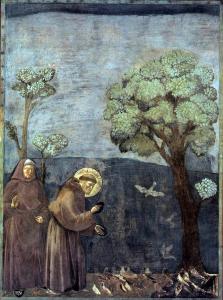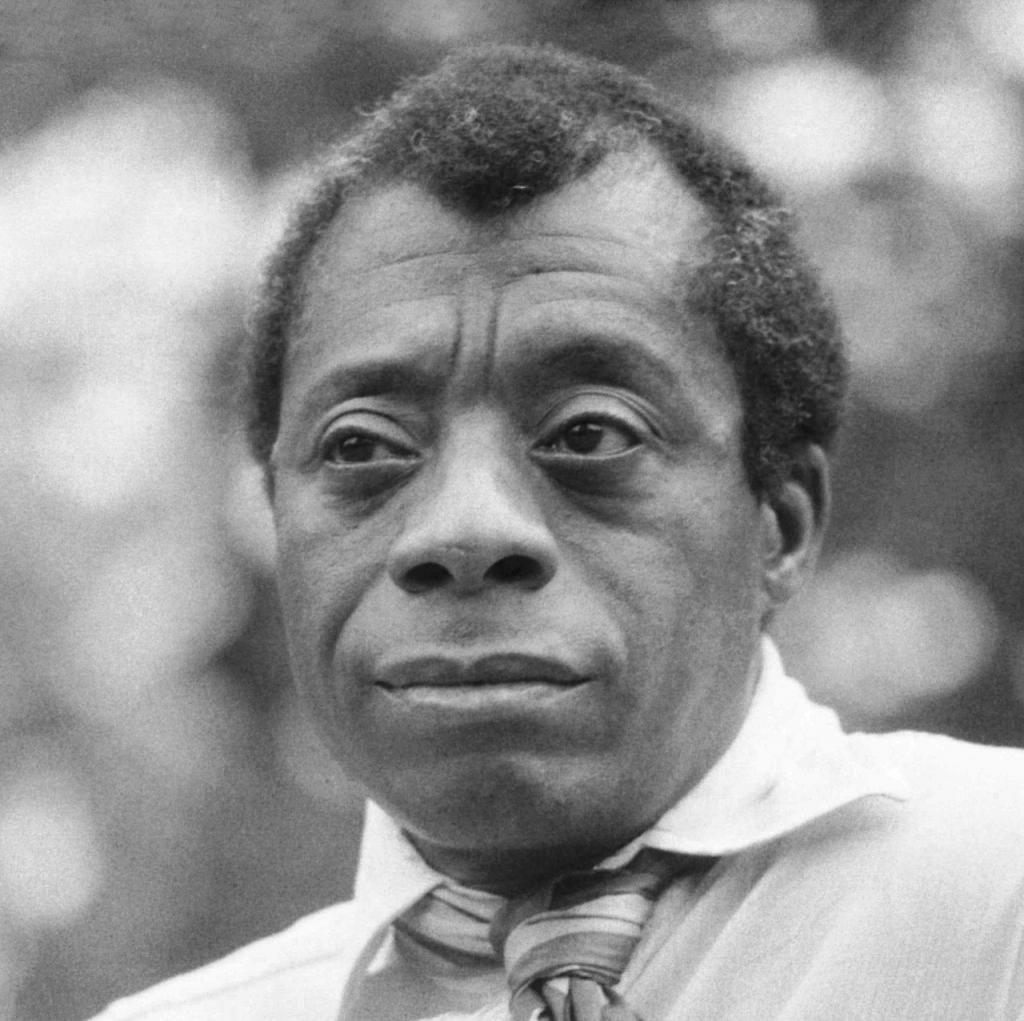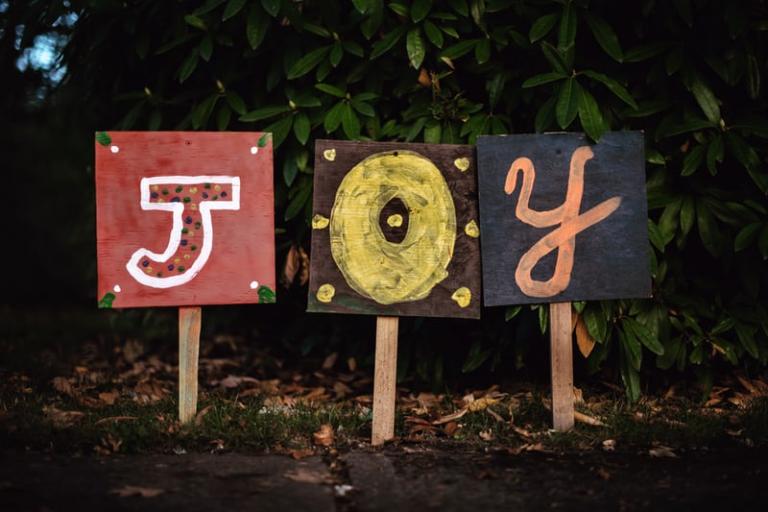“It is not good that man should be alone; I will make him a helper as his partner.” So out of the ground the Lord God formed every animal of the field and every bird of the air, and brought them to the man to see what he would call them; and whatever the man called every living creature was its name.”
-Genesis 2:18-19
“But ask the animals and they will teach you; the birds of the air, and they will tell you; ask the plants of the earth, and they will teach you; and the fish of the sea will declare to you. Who among these does not know that the hand of the Lord has done this?”
-Job 12:7-10
“[Our task] is to reinvent the human—at the species level, with critical reflection, within the community of life systems.”
-Thomas Berry
It’s a lovely story, really: the Lord God, having placed the human in the garden, realizes that “it is not good to be alone.” We are created for relationship. In God’s garden the human needs a companion, so God says, “I will make him a helper as his partner.” This (second) creation account is a touching story, because God’s first attempt at creating community for the human fails.
God is trying to meet the needs of this picky creature called Adam. God forms every animal of the field and bird of the air and then God brings them, possibly with some slight insecurity, to the human to see how this new experiment in being measures up.
What shall the human call these other creatures? Do this cow, this cat and dog provide the partnership that the human needs? None of them make the cut—not even man’s so-called best friend.
The human gives names to the cattle, birds, and animals. Giving names is a way of ordering human reality. The animals didn’t need names to eat, sleep and procreate, but God gives the human the weighty responsibility of naming and creating categories. After noticing and naming differences of fur and teeth and claw, the human throws up hands and says, “I still haven’t found the one. I still have not found a partner to ease my loneliness.”
It’s a lovely and true story because it’s one that touches our longing for companionship with another human being.
And yet, even in this earthy and intimate creation story of Genesis 2, the animals still end up having value only insofar as they relate to the human being.
In this biblical passage, we’re not at a stage yet in religion’s evolution in which animals exist as good in themselves.

St. Francis of Assissi, on the other hand, is famous for seeing animals as a part of his family. Francis marks a moment in Christian tradition in which animals move from being “other” to animals being “brother” and “sister.”
At my church on Sunday, inspired by the spirit of St. Francis, we will have a “Blessing of the Animals” service. I’m sure our Congregationalist forebears would not be happy. They would likely frown on our blessing four-legged creatures, calling it “popery” or “witchcraft.” Yet, we’ve done it for five years, and it’s always meaningful for all ages.
We pray for people grieving the loss of pets who have since died. In previous years, kids cart stuffed animals—including my son Ian’s stuffed owl—to be blessed. A woman once brought a huge Newfoundland dog. People brought cats. One boy brought lizards. We blessed these animals in the name of the Creator, the Christ, and the Holy Spirit.
There’s a famous legend about St. Francis involving a so-called wolf of Gubbio. Gubbio is a little town in Italy. The story goes like this: a wolf is terrorizing the town. Not only does this monstrous wolf eat animals from the town, but it also eats people. It was a big, bad wolf. And everyone is terrified by it—from the little pigs to the town elites, and when people go out into the countryside they carry weapons, but even their weapons do not protect them. Fortunately, a saint named Francis is staying with them, and he decides to take matters into his own reconciling hands.
Francis goes out in search of the wolf against the advice of the townspeople. When the wolf sees Francis, he charges towards him with a hungry, wide-open, teeth-baring mouth. Francis in response does what few of us would do upon encountering a predator: he makes the sign of the cross and gives the wolf a sermon.
Francis says, “Come to me, Brother Wolf. In the name of Christ, I order you not to hurt me or anyone. Brother Wolf, you have done great harm in this region. You deserve to be put to death, and the whole town is against you. But, Brother Wolf, I want to make peace between you and them, so that they will not be harmed by you anymore.”
According to the legend, it works. Francis and the wolf walk right into the center of the town to publicly demonstrate the peace they have made.” The wolf lifts his right paw and places it in Francis’s hand in front of the crowd. The wolf and Francis affirm the wolf’s public commitment to peace, and the town is no longer afraid.
This is a morality tale, a far-fetched legend. Monks likely told this tale to encourage Christians to make peace with their struggle against the animal instincts of anger, lust, envy, and pride. And yet Francis’s peacemaking with the wolf, with a predator the town deemed terrifying, is a challenging reminder of humans’ inherent kinship with creation. As Thomas Berry has written: our task “is to reinvent the human—at the species level, with critical reflection, within the community of life systems.” We are not above and outside of relationship with other living beings; humans are one frighteningly powerful species that happens to exist within a community of other living beings.
We humans could do with a reminder of our place in the community of life systems. Maybe it takes us being brought down to size, like Job, in order to learn the value of other life forms: “Ask the animals, and they will teach you; the birds of the air and they will tell you. Who among all these does not know that the hand of the Lord has done this?” Job has everything stripped away from him: health, family, home, job. The bulk of his challenging biblical book is Job asking “Why, God?” while friends visit and offer insufficient explanations.
In Job, the answer of “Why, God? Why, suffering?” is never really answered, except to point out that humans are but one member of a community of creation, brothers and sisters, all of us mysteriously held together by the power and grace of God.
Photo credit: Legend of St. Francis, Sermon to the Birds, attributed to Giotto di Bondone (1267-1337), Wikimedia Commons











